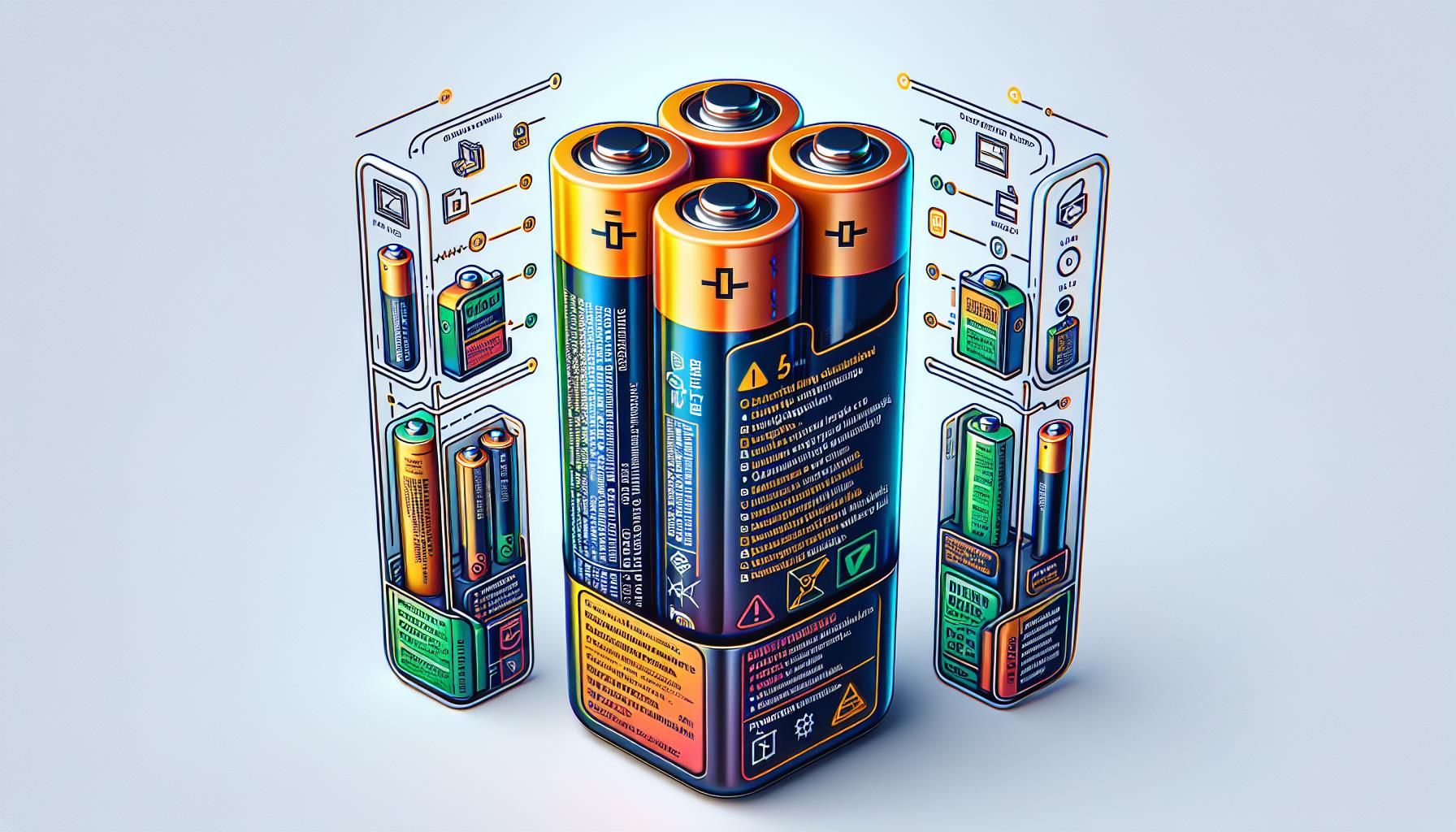In a remarkable stride forward for the battery industry and sustainable energy systems, scientists have harnessed the power of artificial intelligence to discover a new type of solid electrolyte. This breakthrough, achieved in a mere 80 hours of research, contrasts sharply with the decades of traditional research methods that might have otherwise been required. The use of AI in this context not only showcases its potential to expedite scientific discovery but also opens the door to more efficient and cost-effective energy storage solutions.
The discovery has been heralded as a significant milestone in the quest for sustainable energy solutions. By leveraging AI, researchers have dramatically accelerated the pace of innovation in material science, hinting at a future where technology and environmental conservation are deeply interconnected. This achievement underscores the transformative impact AI can have on addressing some of the most critical challenges facing our world today.
The Science Behind the Breakthrough
At the heart of this scientific advancement lies the development of a new solid electrolyte, a key component in battery technology that facilitates the flow of electrical charge between the battery’s cathode and anode. The AI-assisted discovery process involved the analysis of vast datasets of material properties, enabling the identification of a promising candidate for this crucial battery component in an unprecedented timeframe. This approach represents a significant departure from traditional trial-and-error methods, opening up new avenues for rapid material discovery and development.
The implications of this breakthrough extend beyond the realm of battery technology. By demonstrating the potential for AI to uncover new materials with desirable properties quickly, this research paves the way for advancements in various fields, including electronics, automotive, and renewable energy systems. The success of this project serves as a testament to the power of combining AI with scientific inquiry, heralding a new era of accelerated innovation.
Impact on the Battery Industry and Beyond
The introduction of this new solid electrolyte promises to revolutionize the battery industry by offering a path towards more efficient, durable, and safer energy storage solutions. This development could lead to significant improvements in the performance of electric vehicles, portable electronics, and renewable energy storage systems, contributing to a reduction in carbon emissions and a move towards a more sustainable future.
Furthermore, the cost-effective nature of the AI-assisted research process suggests that similar approaches could be applied to other challenges within the battery industry and beyond. As AI technologies continue to advance, their integration into material science and engineering research is expected to accelerate the pace of innovation, potentially leading to breakthroughs in areas such as solar energy, fuel cells, and carbon capture technologies.
The Role of AI in Future Scientific Discoveries
The success of the AI-assisted battery development project highlights the growing importance of artificial intelligence in the realm of scientific research. By providing tools to analyze and interpret complex data at an unprecedented scale and speed, AI is becoming an indispensable asset for researchers across various disciplines. This trend is likely to continue, with AI playing a central role in driving forward the frontiers of knowledge and innovation.
As AI technologies become more sophisticated, their potential applications in research and development are bound to expand. This could lead to a paradigm shift in how scientific inquiries are conducted, making it possible to tackle previously intractable problems and opening up new horizons for exploration and discovery.
Challenges and Opportunities Ahead
Despite the promising outlook, the integration of AI into scientific research is not without challenges. Issues such as data privacy, ethical considerations, and the need for interdisciplinary collaboration between AI experts and domain scientists must be addressed to fully realize the potential of AI-assisted discoveries. Furthermore, ensuring the accessibility of AI tools and technologies to researchers around the world is crucial for fostering innovation and addressing global challenges collaboratively.
Nevertheless, the breakthrough in AI-assisted battery development serves as a powerful example of the positive impact that AI can have on scientific research and technological innovation. As we move forward, it is clear that AI will continue to play a pivotal role in shaping the future of our world, offering new solutions to old problems and driving progress towards a more sustainable and technologically advanced society.
The groundbreaking use of AI in battery development marks a significant milestone in the intersection of technology and environmental sustainability. By enabling rapid and cost-effective research processes, AI has the potential to accelerate the pace of innovation across a wide range of industries. As we look to the future, the continued integration of AI into scientific and technological endeavors promises to unlock new possibilities, making our world a better place for generations to come.
